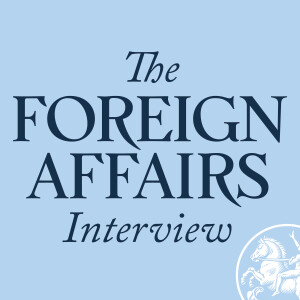Wednesday Aug 07, 2024
As the war in Gaza grinds on, Israel’s endgame remains unclear. What does it mean to destroy Hamas? Who will provide security and govern Gaza when the fighting stops? How has this war changed Israel’s relationship with its neighbors and the wider world?
To discuss the Israeli-Palestinian conflict and the future of Gaza, Foreign Affairs Editor Daniel Kurtz-Phelan moderated a panel on August 1 that included Audrey Kurth Cronin, Marc Lynch, Dennis Ross, and Dana Stroul. Cronin is director of the Carnegie Mellon Institute for Strategy & Technology and the author of How Terrorism Ends: Understanding the Decline and Demise of Terrorist Campaigns. Lynch is a professor of political science and international affairs at George Washington University. Ross is a counselor at The Washington Institute for Near East Policy, a professor at Georgetown University, and a former U.S. envoy to the Middle East, serving in senior national security positions in the Reagan, George H. W. Bush, Clinton, and Obama administrations. Stroul is director of research at The Washington Institute for Near East Policy and a former U.S. deputy assistant secretary of defense for the Middle East.
You can find transcripts and more episodes of The Foreign Affairs Interview at https://www.foreignaffairs.com/podcasts/foreign-affairs-interview.







